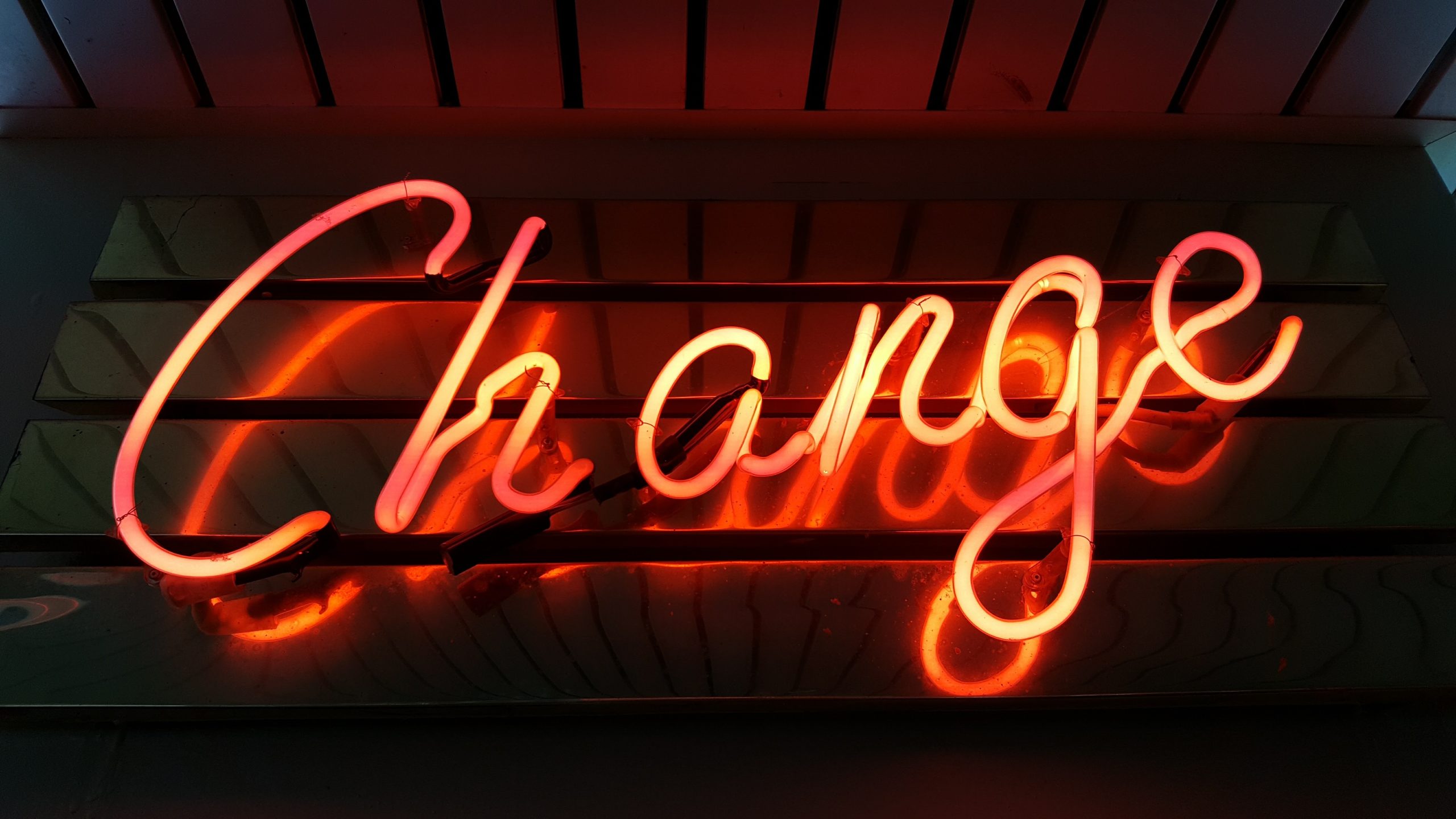Lunar Eclipse Symptoms: Myth or Science?
Lunar eclipses have fascinated humans for centuries. As the Earth casts its shadow on the moon, a mystical spectacle unfolds in the night sky. While many of us have marveled at the beauty of a lunar eclipse, there are those who claim to experience various symptoms during these celestial events. But are these symptoms real or mere superstition? In this blog post, we will explore the topic of lunar eclipse symptoms and separate fact from fiction.
Understanding Lunar Eclipses
Before we delve into the symptoms, let’s first understand what exactly happens during a lunar eclipse. During a lunar eclipse, the Earth aligns itself precisely between the sun and the moon, causing the moon to move through the Earth’s shadow. This alignment results in a stunning visual transformation of the moon, as it takes on a reddish hue, often referred to as a “Blood Moon.”
The duration of a lunar eclipse can vary, but on average, it lasts for a few hours. This provides ample opportunity for those interested to observe and ponder the possible effects it may have on our bodies and minds.
The Myth of Lunar Eclipse Symptoms
Throughout history, people have attached various superstitions and beliefs to celestial events. From the belief in werewolves to the notion that pregnant women should avoid looking at the moon during an eclipse, lunar eclipses have been entwined with mysticism.
One prevalent myth surrounding lunar eclipses is that they cause physical and psychological symptoms in humans. These alleged symptoms range from headaches and dizziness to mood swings and insomnia. However, when we examine this claim through the lens of science, it becomes apparent that there is no concrete evidence to support it.
A study published in the scientific journal “Current Biology” found no significant impact of lunar phases or lunar eclipses on human sleep patterns. The research involved monitoring the sleep patterns of individuals for several months, including during lunar eclipses, and no noticeable changes were observed.
Psychological Effects and Cultural Beliefs
While there may not be any physiological symptoms associated with lunar eclipses, the psychological effects are more subjective and can vary from person to person. In cultures where lunar eclipses are surrounded by mysticism and folklore, individuals may experience a heightened sense of awe, wonder, or spiritual connection.
Furthermore, the power of suggestion cannot be underestimated. If someone firmly believes that lunar eclipses will cause certain symptoms, they might unconsciously attribute any discomfort or unexpected emotional changes they experience during that time to the eclipse itself.
The Influence of the Moon
It is worth noting that the moon does have certain effects on Earth, such as the tides, due to its gravitational pull. However, the influence of the moon on human behavior and health is a topic of ongoing debate among scientists.
Some studies have suggested a correlation between lunar phases and certain phenomena, such as an increase in hospital admissions or changes in crime rates. However, these findings have been largely inconclusive, with other studies finding no significant associations.
So, while the moon may have an impact on the Earth’s natural systems, its influence on human health and behavior remains uncertain.
The Beauty of Celestial Events
As the debate about lunar eclipse symptoms continues, it is important to appreciate the sheer beauty and awe-inspiring nature of these celestial events. Lunar eclipses offer a unique opportunity to witness the wonders of our universe, sparking curiosity and encouraging scientific exploration.
If you’re fortunate enough to witness a lunar eclipse, take the time to observe and appreciate the breathtaking spectacle unfolding above. Whether or not you believe in the existence of lunar eclipse symptoms, there’s no denying the sheer magic of seeing the moon cloaked in Earth’s shadow.
Conclusion
While many myths and superstitions surround lunar eclipses, the notion of lunar eclipse symptoms appears to be more rooted in folklore than scientific evidence. Studies have shown no significant physiological effects on humans during these celestial events. However, the psychological impact and cultural beliefs associated with lunar eclipses can vary from person to person.
In the end, lunar eclipses serve as a reminder of the vastness and majesty of our universe. Instead of focusing on symptoms that may not exist, let’s embrace these celestial events as an opportunity to marvel at the wonders of the cosmos.
Table of Contents
